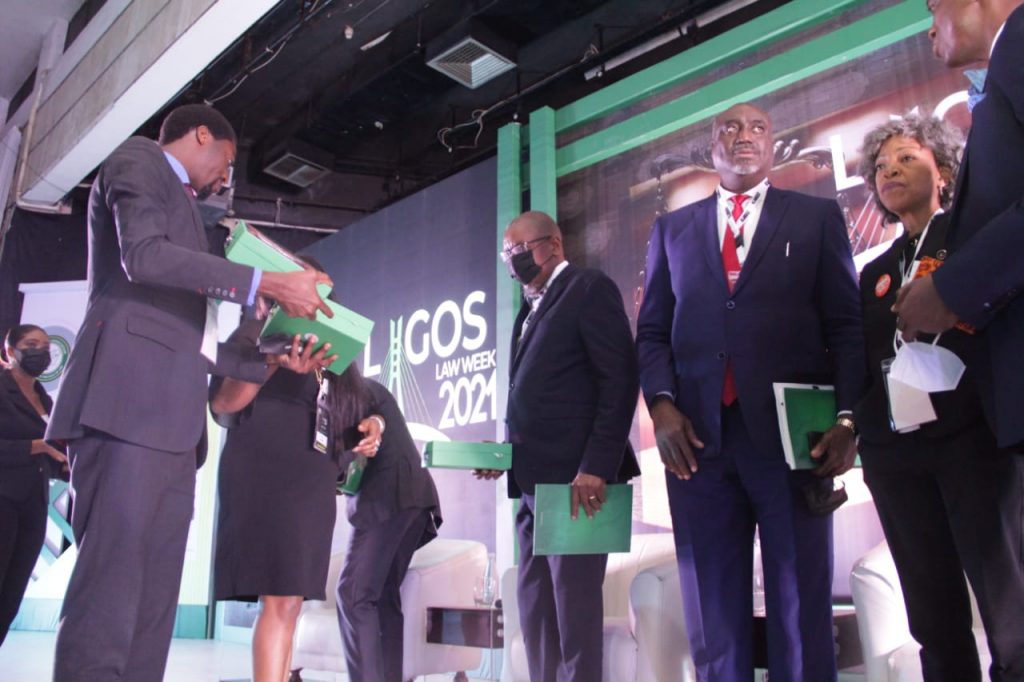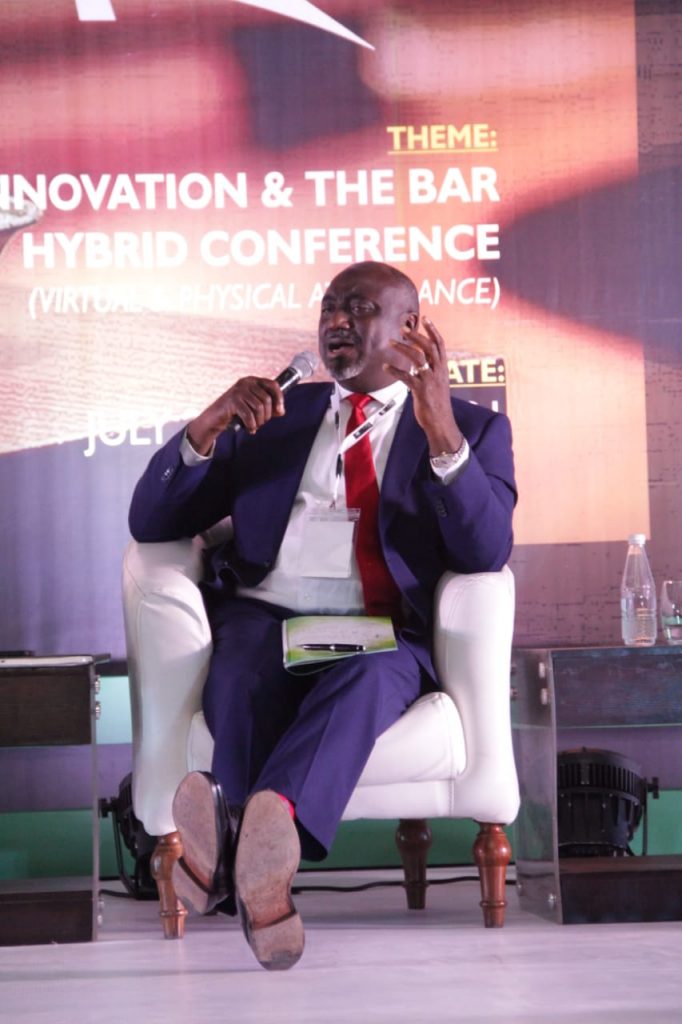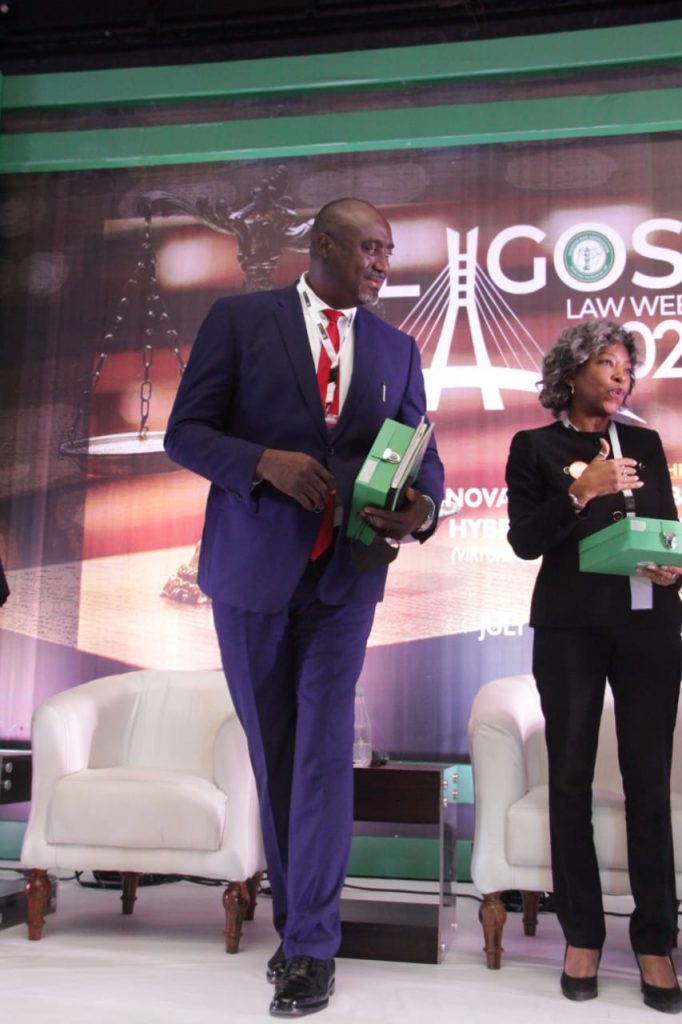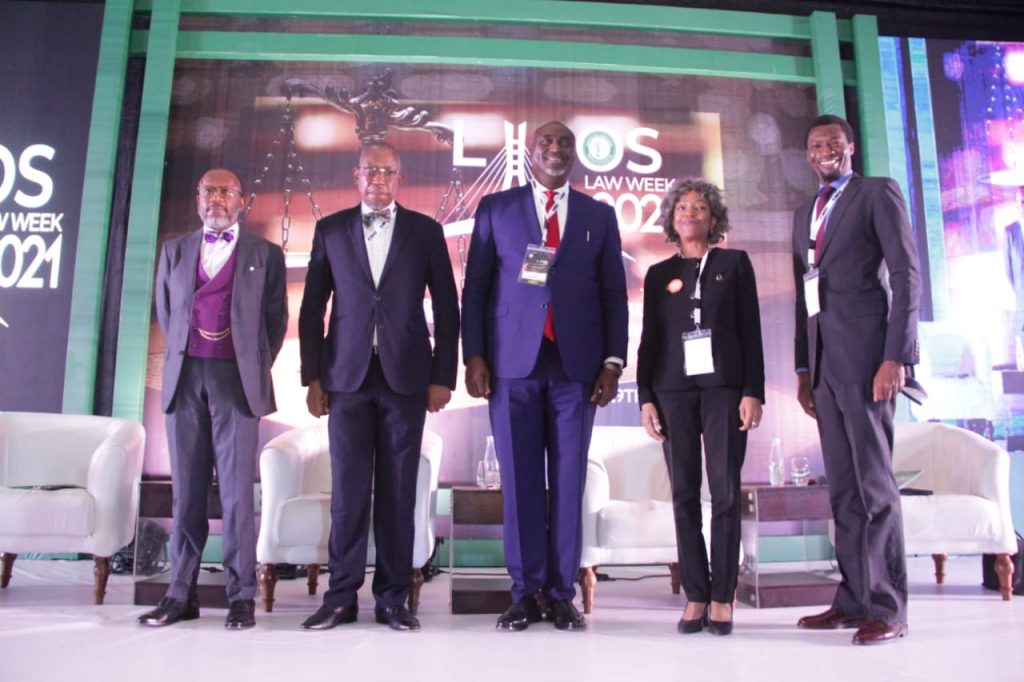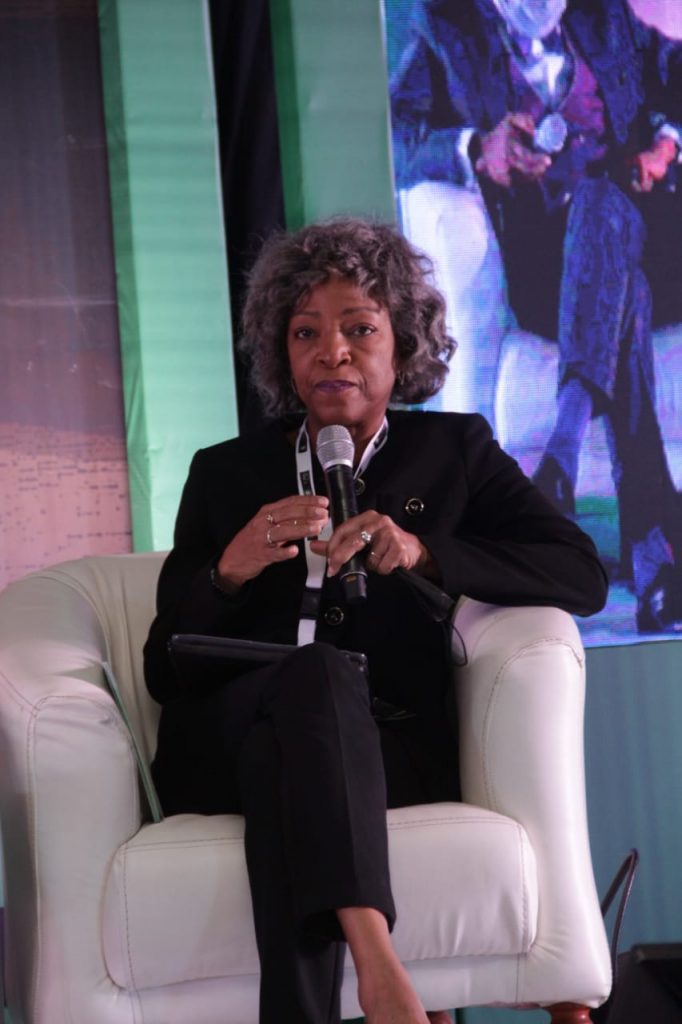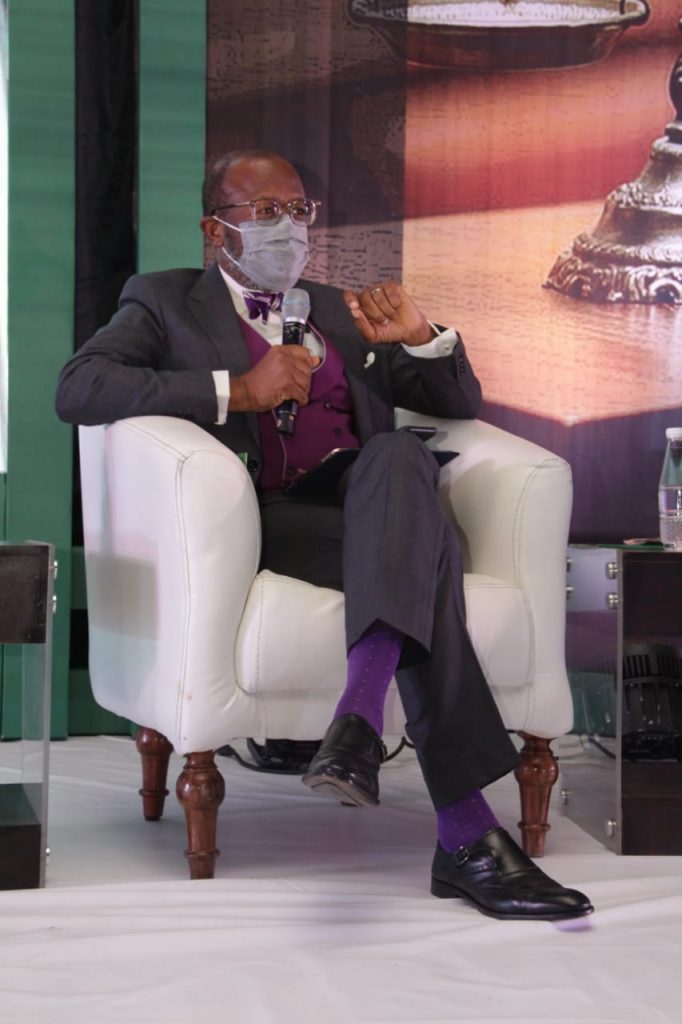It is widely acknowledged by many stakeholders in the nation’s judicial system that any sort of autonomy critical to the independence of the judiciary begins with FINANCIAL autonomy. But does it end there? And does financial autonomy automatically translate into full autonomy – and therefore, independence? Since the recent strike by the judicial service workers of Nigeria earlier in 2021, various forums across the nation have debated the meaning of autonomy, what form it ought to take, and what it portends for the independence of the judiciary and it’s ability to deliver effective and timeous justice. A panel led by Prof. Konyinsola Ajayi, SAN, explored this question further by interrogating the motivations of the third arm of government in insisting, especially on its financial aspect.
In a system where the executive – and to some extent, the legislature – hold the purse-strings, said Mrs. Ayo Obe, former President of the Civil Liberties Organization (CLO), it is easy to want to play nice all the time with these two arms of government in order to enjoy their patronage – such as the practice by state governors of giving houses and cars to judges, and the judges’ obligation to show ‘gratitude’ in return. What form this ‘gratitude’ would take, Obe said, is open to question. But the concept of autonomy itself is not rocket-science. On the contrary, when divorced from what Obe called it’s present ‘demand-and-supply’ mindset, it is as straightforward as can be. Quoting the words of the legendary Bob Marley about emancipating oneself from mental slavery, Obe tasked judicial workers to see autonomy as going beyond mere financial patronage or increases in disbursements by the executive and the legislature.
In his contribution, Y C Maikyau, SAN, stated that in a room like this, we should try to look at the issues and ask the question: What have we (the Bar and Bench) done or not done to bring the judiciary to where it is today, in line with constitutional provisions? In what way have we allowed this to happen? We who have the expertise by our training to say what A is allowed to do or not to do, have abdicated our responsibility by our acquiescence, while we are complaining about the situation. He further asked whether, given the dwindling economy, this clamour is truly for financial autonomy or sufficiency? Everyone should be interested in the attainment of justice. Both the executive and the legislature should as much be concerned about the need to do justice and play their respective roles to achieve that objective. He stated that what he saw from the legislature as deceitful, for want of a better word, was the way the issue of remuneration is dealt with in the Constitution. If the legislature had made sure that the judiciary was put in the position where nobody could interfere with its functions, then the issue that is currently being dealt with may not have arisen. The Revenue Mobilization Allocation and Fiscal Commission (RMAFC) in the 3rd Schedule of the Constitution, named those for whom the RMAFC prescribes salaries and allowances and under section 84 of the constitution referred to in the 3rd Schedule, the rule is that their salaries and allowances should not be reviewed in a way that will be disadvantageous. The prescription by RMAFC becomes the ceiling on what the officers listed in the section can earn. Interestingly, the legislators were omitted from the officers mentioned in Section 84 of the Constitution, giving the impression that they are not subject to the limits set by the RMAFC. The Judiciary is left with having to deal with this by themselves and there is only so much they can do. Judges have not had their salaries and allowances reviewed since 2007. He spoke of a judge whose salary and allowance had not been reviewed for 23 years. On the other hand, however, we cannot even say what the legislators earn.
In conclusion he stated that while financial autonomy is very important, he believed that for there to be an independent judiciary at least 80% character and 20% financial independence is needed.
Also speaking, the retired Hon. Justice Babajide Candide Johnson of the Federal High Court, traced the erosion of judicial independence to the era of military rule in Nigeria, with its decrees, tribunals and ‘ouster clauses’. That anti-judicial posture, he said, has unfortunately been adopted wholesale by today’s political actors – hence the continuing conversation about autonomy and independence 22 long years after the return of constitutional rule. He went on to cite a few cases in the past, in which Courts explicitly spelt out the independent role the judiciary ought to play in government. As for the judiciary’s motivation, he added, it is purely borne of the desire to ‘dignify’ the Bench, rather than any pecuniary interest.
In his contribution, Olawale Fapohunda, who is currently the Attorney-General of Ekiti State, spelt out his state’s position toward autonomy, saying salaries and entitlements of the judiciary in his state are not under the purview of the executive. He hastened to add, however, that his government sees financial automommy as critical to any sort of progress in the nation’s justice delivery system – and has acted in accordance with that understanding.
In summation, panelists agreed that although financial autonomy was just ONE aspect of judicial independence, it was indeed a critical aspect that must not be overlooked.
